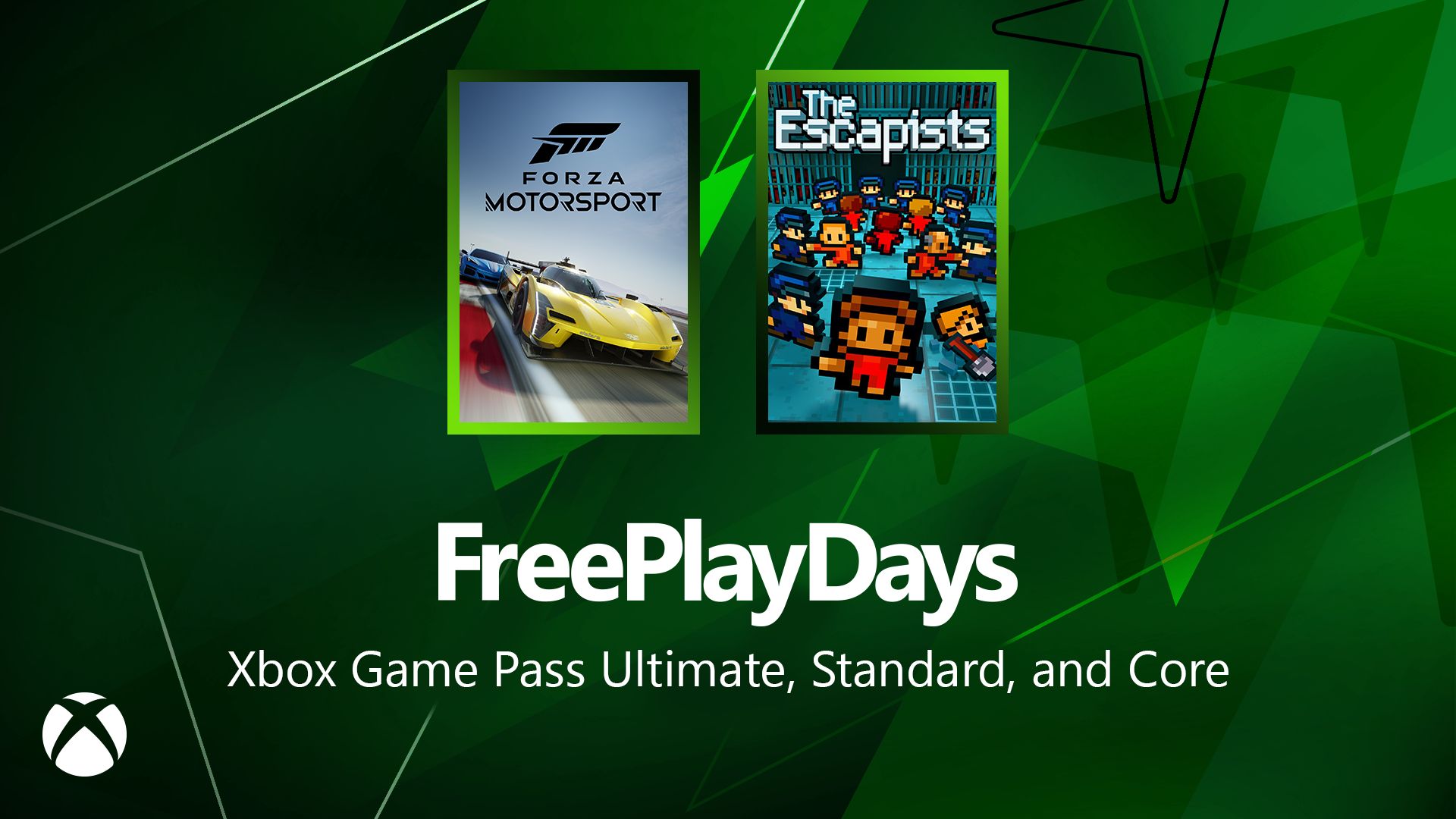Why I stopped Using Cursor and Reverted to VSCode
Is GitHub Copilot the best AI-assistant for Data Scientists? The post Why I stopped Using Cursor and Reverted to VSCode appeared first on Towards Data Science.

Introduction
In December 2024, I wrote an article sharing my experience using VSCode (GitHub Copilot) and Cursor (Claude 3.5 Sonnet) from the perspective of a Data Scientist.
I concluded the article by stating:
After using Cursor for the past two weeks, I have decided to use it for all of my future projects.
Since writing this article, not only have there been significant developments to VSCode and Cursor, but a new wave of AI-powered IDEs (e.g. Windsurf) have emerged. Upon evaluating and testing these alternative IDEs, I have decided to revert to VSCode as my primary IDE of choice.
In this article, I will discuss why I am no longer using Cursor, why I have reverted to VSCode and GitHub Copilot, and my opinion on what IDE you should be using as a Data Scientist.
What I Liked Most About Cursor
Let me state this first: Cursor is a great product. I kept hearing developers discuss Cursor more and more, with many taking advantage of their 2-week free trial. I was hesitant at first, but after reading persistent praise for the software, I decided to form my own opinion firsthand.
I loved that Cursor’s interface was the same as VSCode. Upon installation, Cursor enabled you to download all your existing VSCode extensions, which definitely helped with adoption as it made you feel right at home.
In December 2024, two key Cursor features made it stand out from the crowd. The first was the ability to use a number of different LLMs, unlike GitHub Copilot, which had restrictions on what LLMs were available. Secondly, Cursor had a feature called “Composer” that allowed users to generate an entire project code base by simply describing it via a prompt.
As described in my article “Should you switch from VSCode to Cursor?”, these were the two features I was most excited about and based my initial review on.
Why I Switched Back to VSCode
VSCode has been my primary IDE for over 7 years, I was also a beta tester for GitHub Copilot, something I have been paying for since its release.
As previously explained, a key benefit of Cursor is its similarity to VSCode from an interface perspective. Although a minor reason, switching back to VSCode meant I did not need to refamiliarise myself with an alternative UI.
GitHub Copilot eliminated one of the two main reasons for my initial move to Cursor when it enabled the ability to implement SOTA newly-released LLMs. As of writing in April 2025, below is the existing list of LLMs available via GitHub Copilot:

Claude 3.7 Sonnet was released on February 24th, 2025. On the same day, Microsoft announced that this model was now available via GitHub Copilot. GPT-4.5 was released on February 27th, 2025, and was also made available on the same day in GitHub Copilot Chat to Copilot Enterprise users.
A huge improvement on their LLM offering when compared to back in December 2024.
As a Data Scientist, I often work in Jupyter Notebooks for exploration tasks. Although AI-assistance works better when Programming using .py files, I find VSCode is better than Cursor when working with Jupyter Notebooks.

Vscode offers GitHub Copilot instructions when adding a new cell to your notebook, this is not available using Cursor. Although AI-assistance is available, it is more difficult as the user has to use Ctrl/⌘ + K to begin writing their prompt.
When working with Jupyter Notebooks using VSCode and GitHub Copilot, you also have the ability to chat with your AI-assistant, referencing the cells in your notebook you want the AI to focus on. This functionality makes it incredibly easy to implement AI-assistance in your coding workflow.
The final two factors, which were less important but definitely played a role in my overall decision, were cost and usage in my professional role.
GitHub Copilot costs $10 per month compared to Cursor, which costs $20 per month. I asked myself, am I getting twice the value from using Cursor over VSCode? The answer to this question was no, therefore, this added more weight towards reverting to VSCode.
Finally, in my professional role as a Lead Data Scientist, I use VSCode daily. I would never select an IDE based solely on the one I use in my professional role, although it definitely helps to keep things aligned where possible.
For the purpose of this article, I am highlighting high-level points from my experience with VSCode and GitHub Copilot. Feel free to message me via social media if you have more specific questions you would like to ask.
How GitHub Copilot Closed the Gap
GitHub was purchased for $7.5 billion by Microsoft in 2018. As Microsoft is a far larger company than Anysphere Inc., they’re able to place a lot more resources on improving their product offering.
As an end user, competition is encouraged as it pushes companies to innovate and develop at a pace that enables them to keep up with each other. This also means that when a new feature is released and is widely adopted by the community, all of the competitor companies rush to develop that same feature into their own product offering.
When Cursor was first gaining popularity, it had many features (e.g., Composer, Tab, and Cursor Prediction) that its competitors did not have. This is no longer the case.
As shown in GitHub Copilot’s changelog, releases are occurring weekly, with some days consisting of more than one new feature being made available to all GitHub Copilot users.
As of today, there aren’t many features that Cursor offers that are not also available using VSCode and GitHub Copilot. Microsoft has shown in the past 4 months that it is placing huge importance on making GitHub Copilot the best AI coding assistant on the market. While some improvements are still needed, they are moving at a rapid pace, closing the gap, and are in a position to lead the market by the end of 2025.
Final Thoughts
Firstly, I don’t believe any text editor/IDE is better than any other. You should always make this judgment yourself based on trial-and-error and not finalise your decision based on what is most spoken about online.
I have been using VSCode for several weeks now since reverting from Cursor, and I have not regretted my decision. I believe Microsoft is making great progress with GitHub Copilot and has really closed the gap to all the new AI-assistant IDEs.
There will always be features that pop up here and there that are not available in the IDE you’re currently using. If they’re widely adopted by the community, all competitors will implement them with time. Do not use this as an opportunity to keep switching your IDE.
Disclaimer: All opinions shared in this article are my own based on my personal experience; I have no affiliation with Cursor, VSCode, or GitHub Copilot. Unless stated otherwise, the author owns all images included in this article.
If you enjoyed reading this article, please follow me on Medium, X, and GitHub for similar content relating to Data Science, Artificial Intelligence, and Engineering.
Happy learning!  Read More
Read More



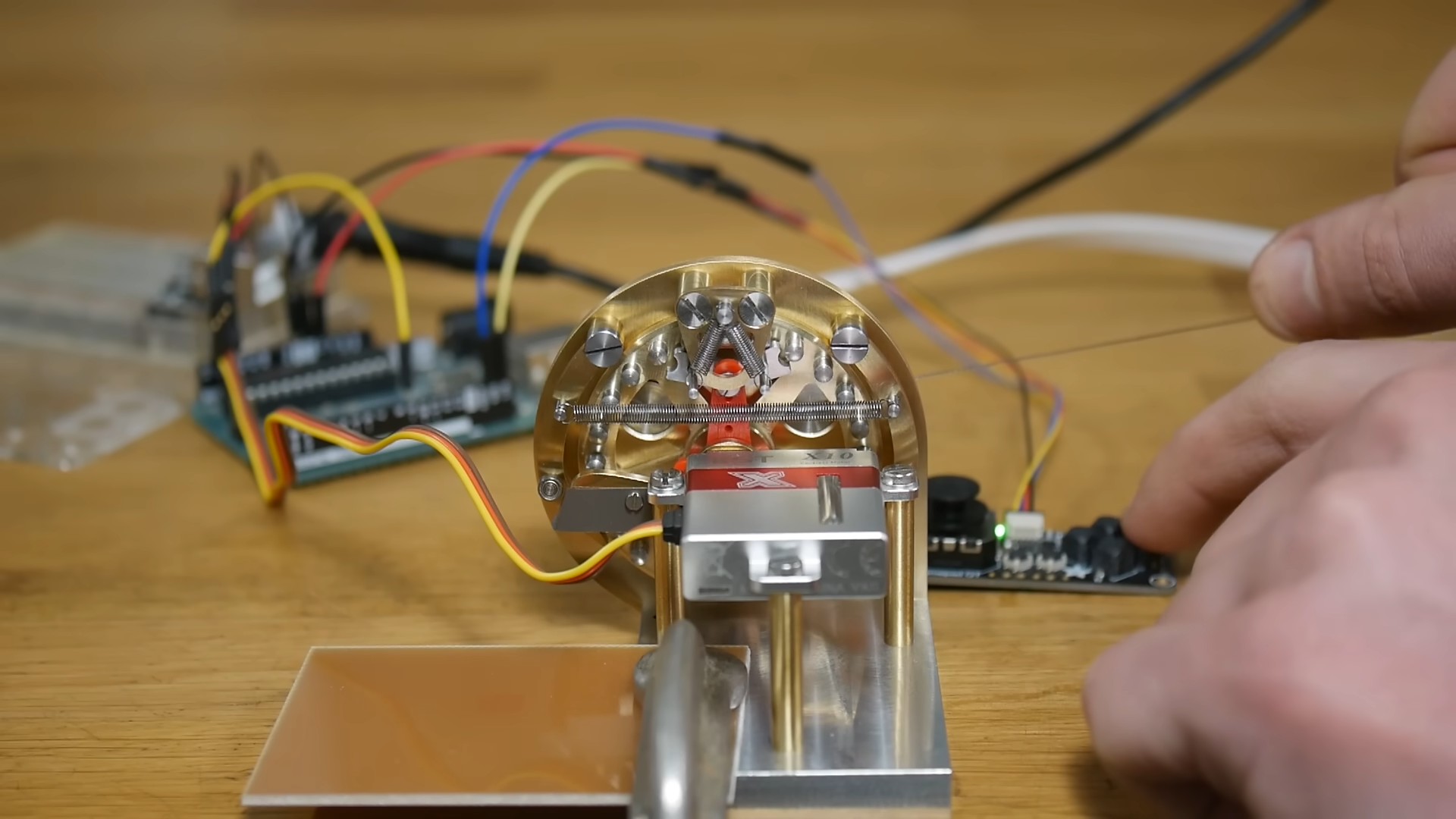















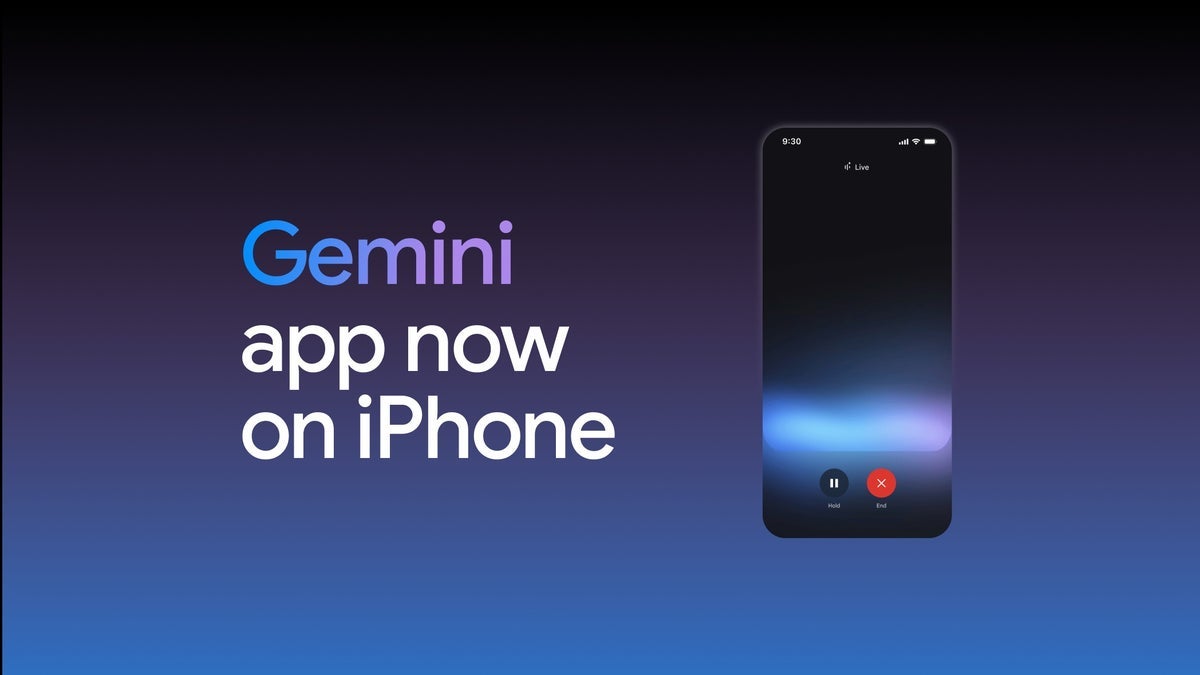






























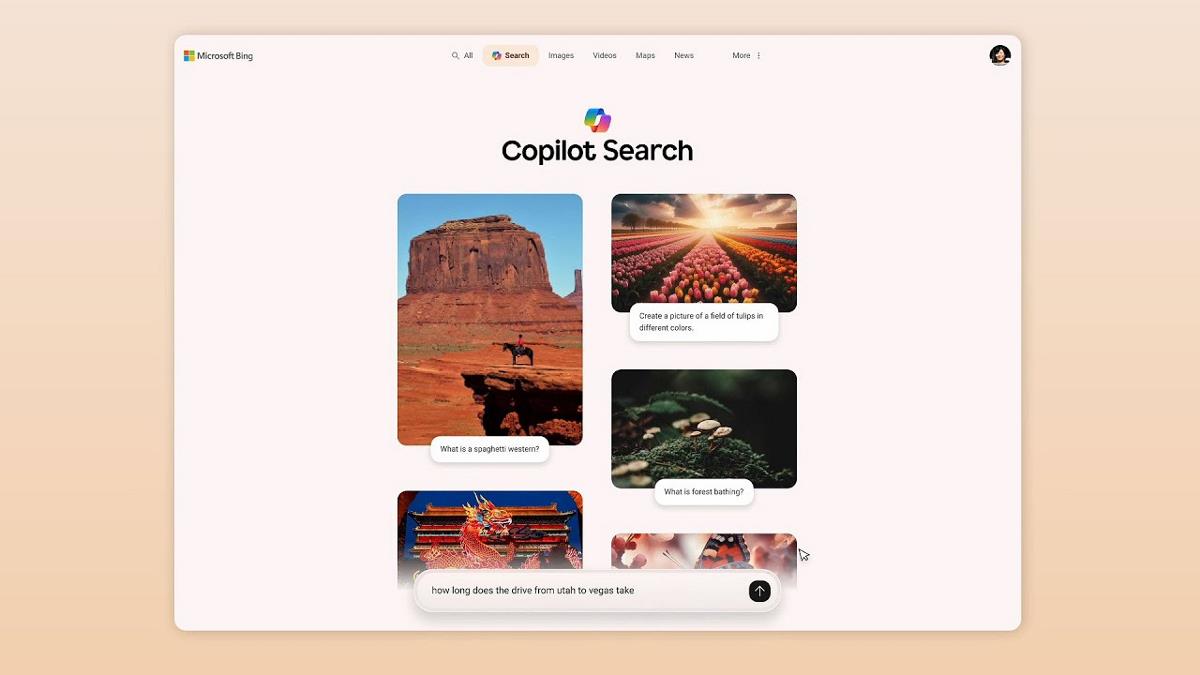
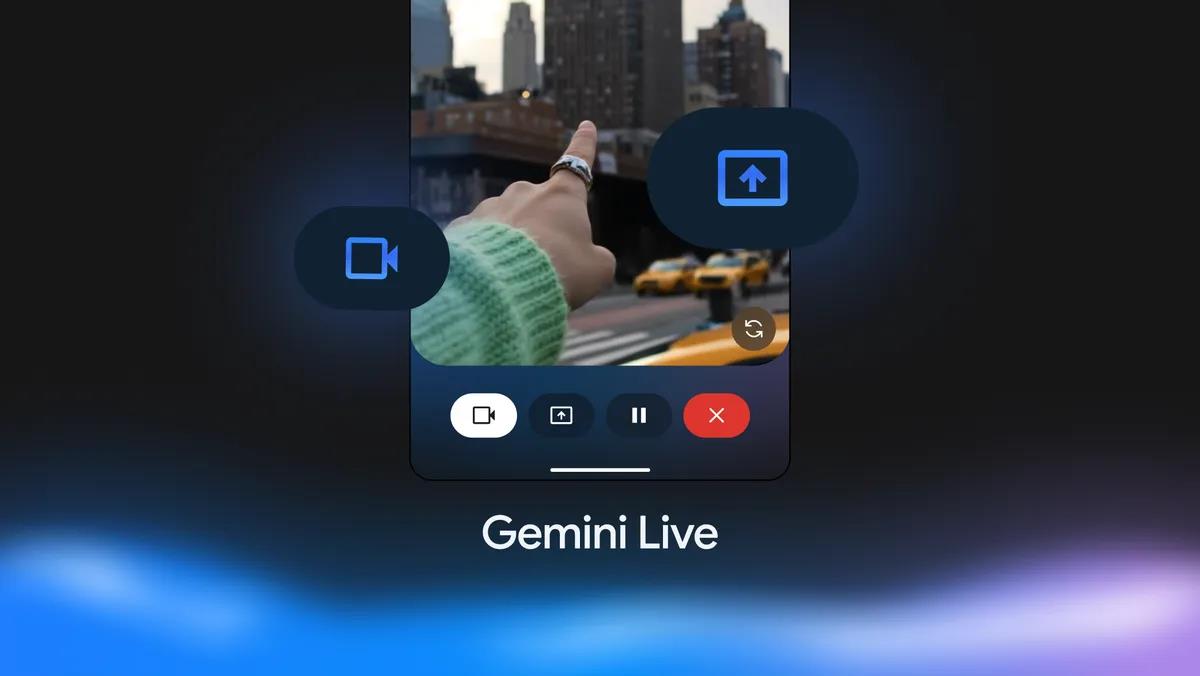




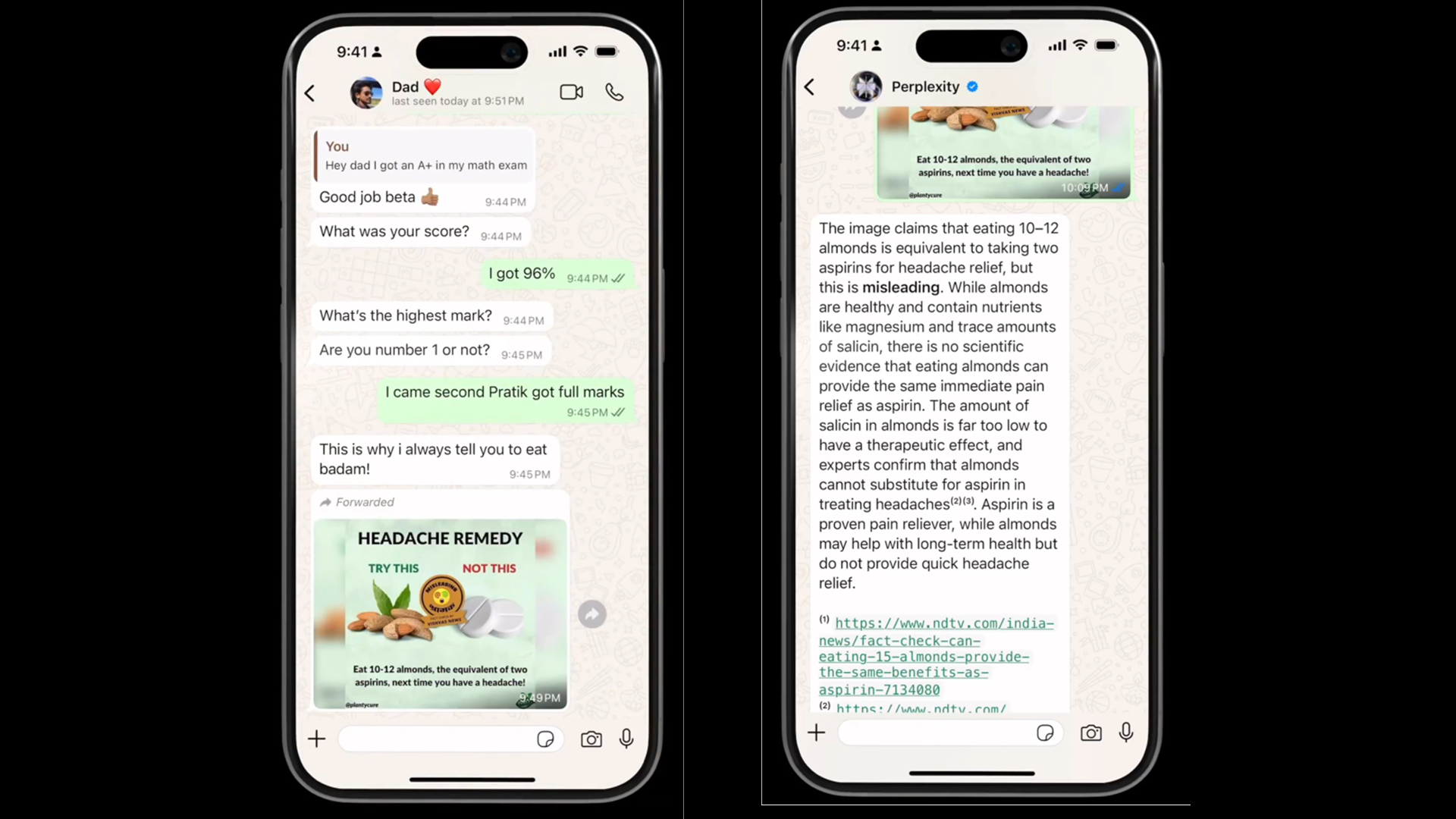
















![Apple Developing AI 'Vibe-Coding' Assistant for Xcode With Anthropic [Report]](https://www.iclarified.com/images/news/97200/97200/97200-640.jpg)
![Apple's New Ads Spotlight Apple Watch for Kids [Video]](https://www.iclarified.com/images/news/97197/97197/97197-640.jpg)



















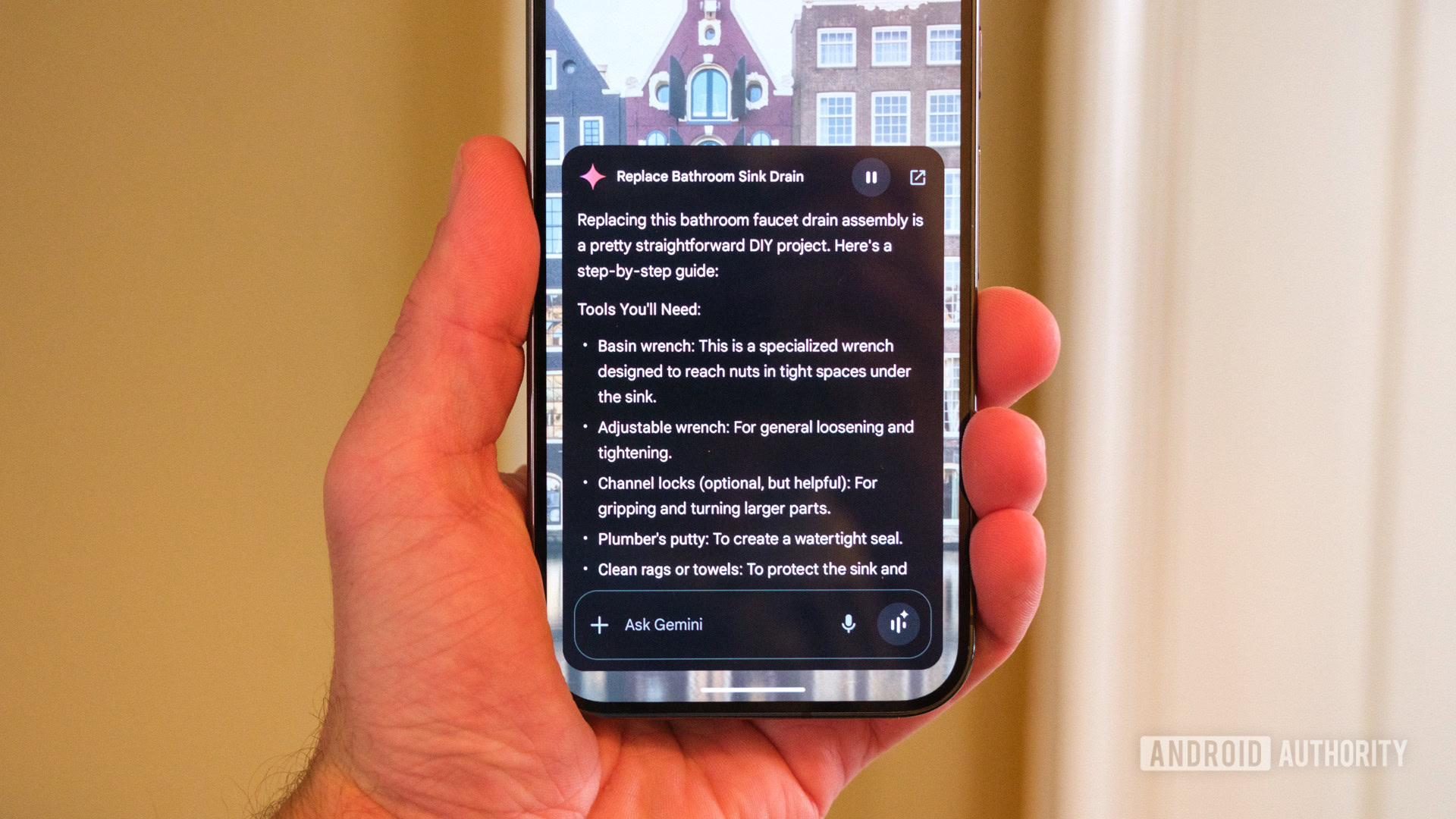
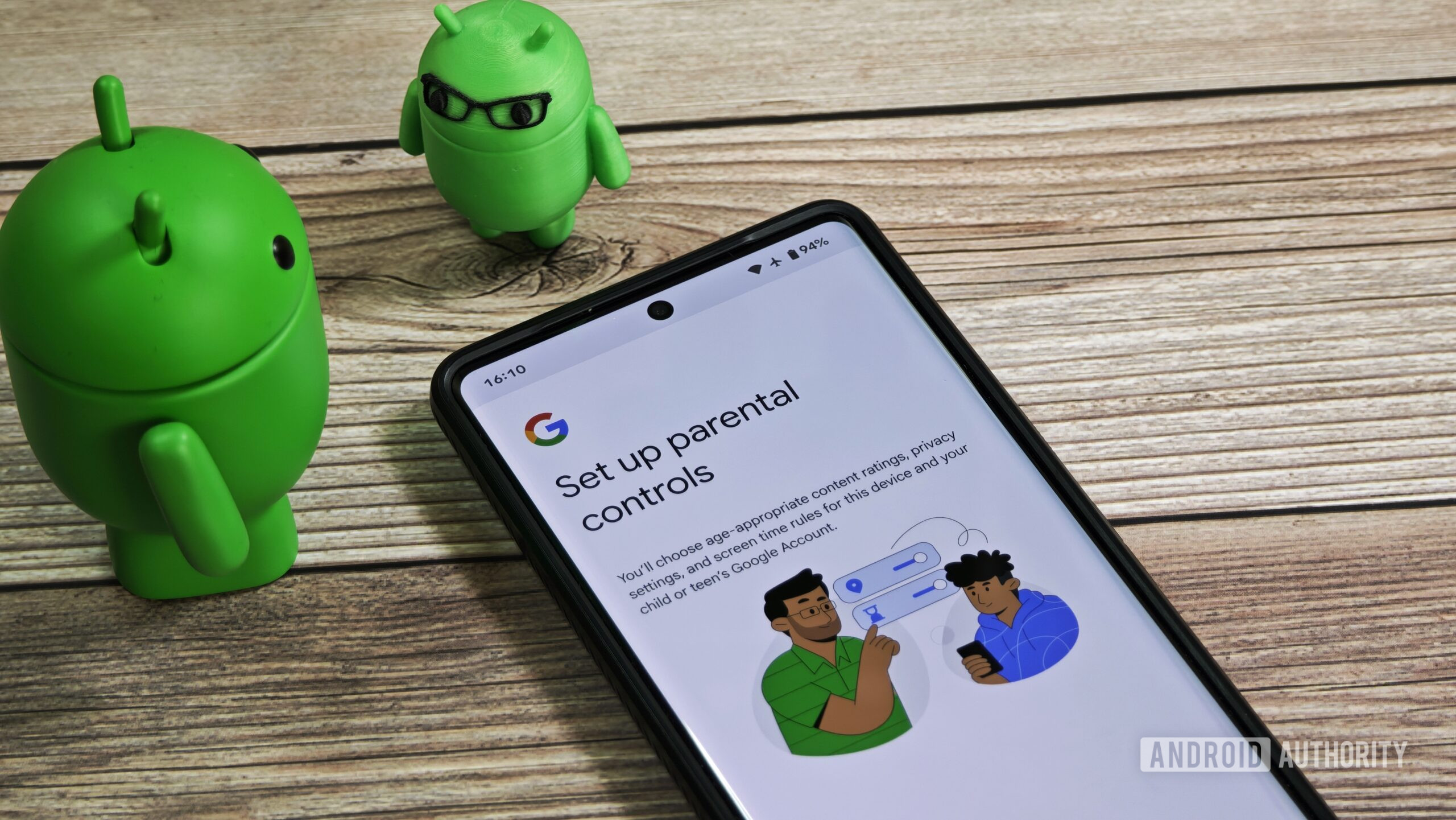


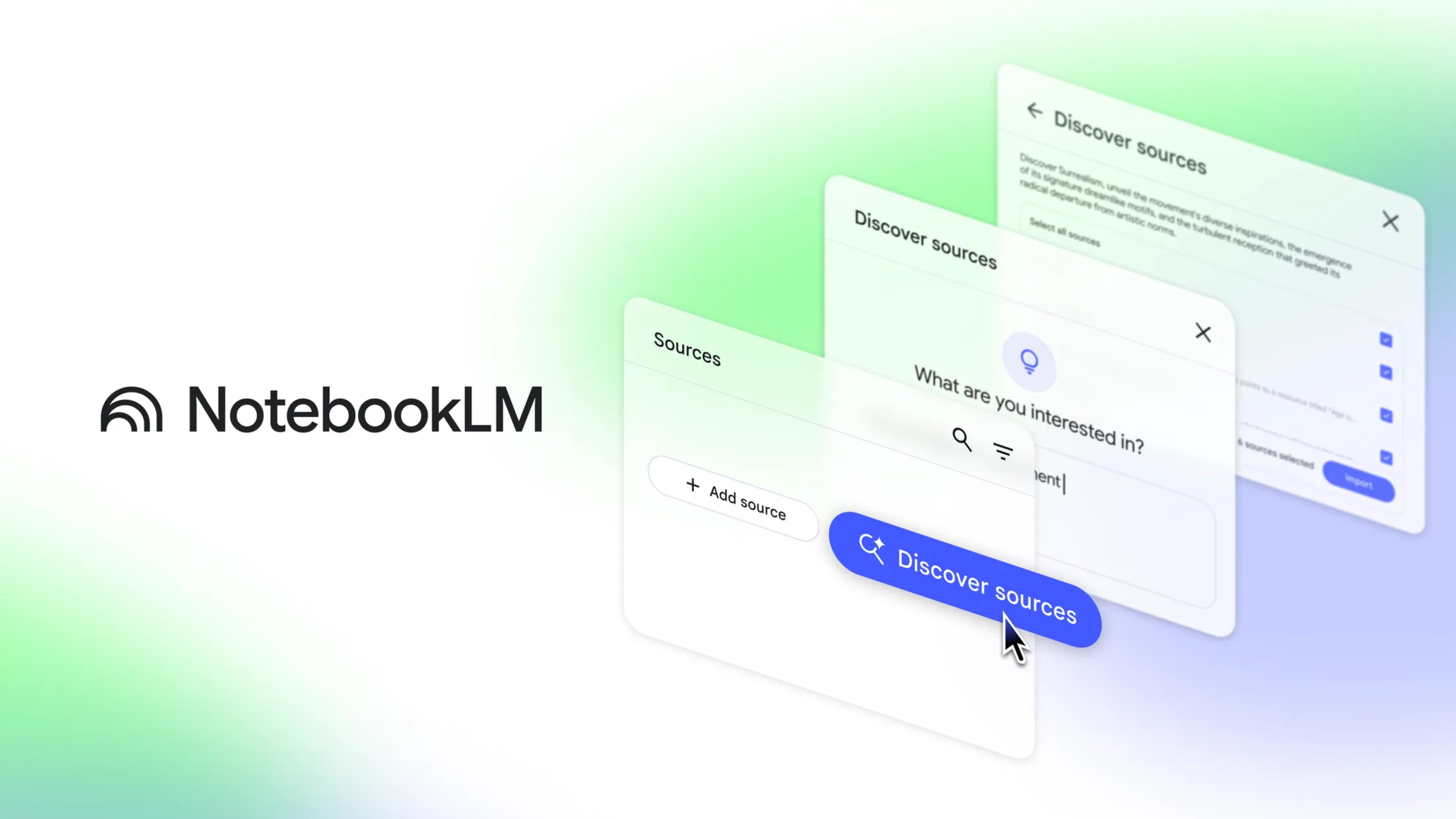
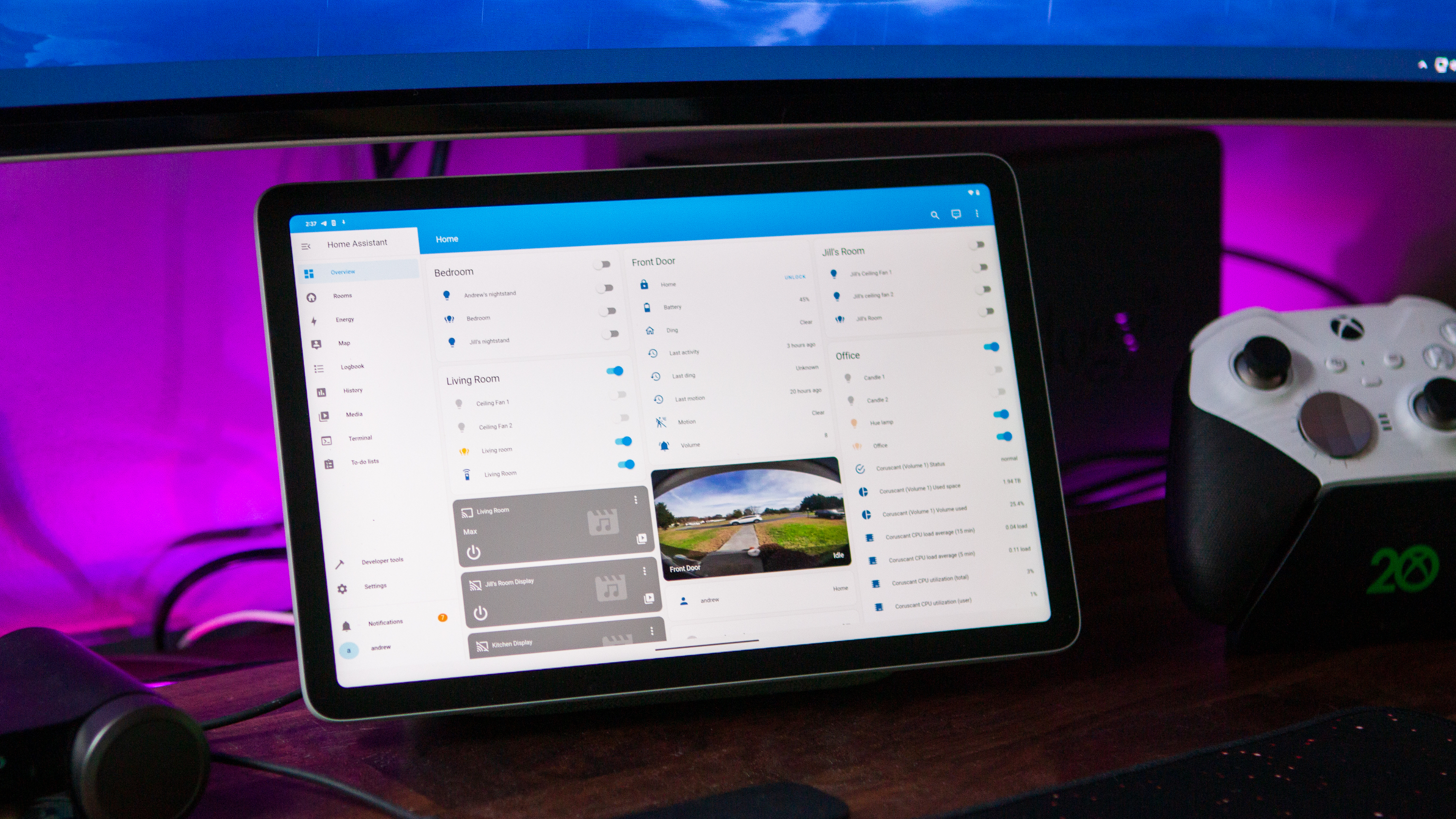
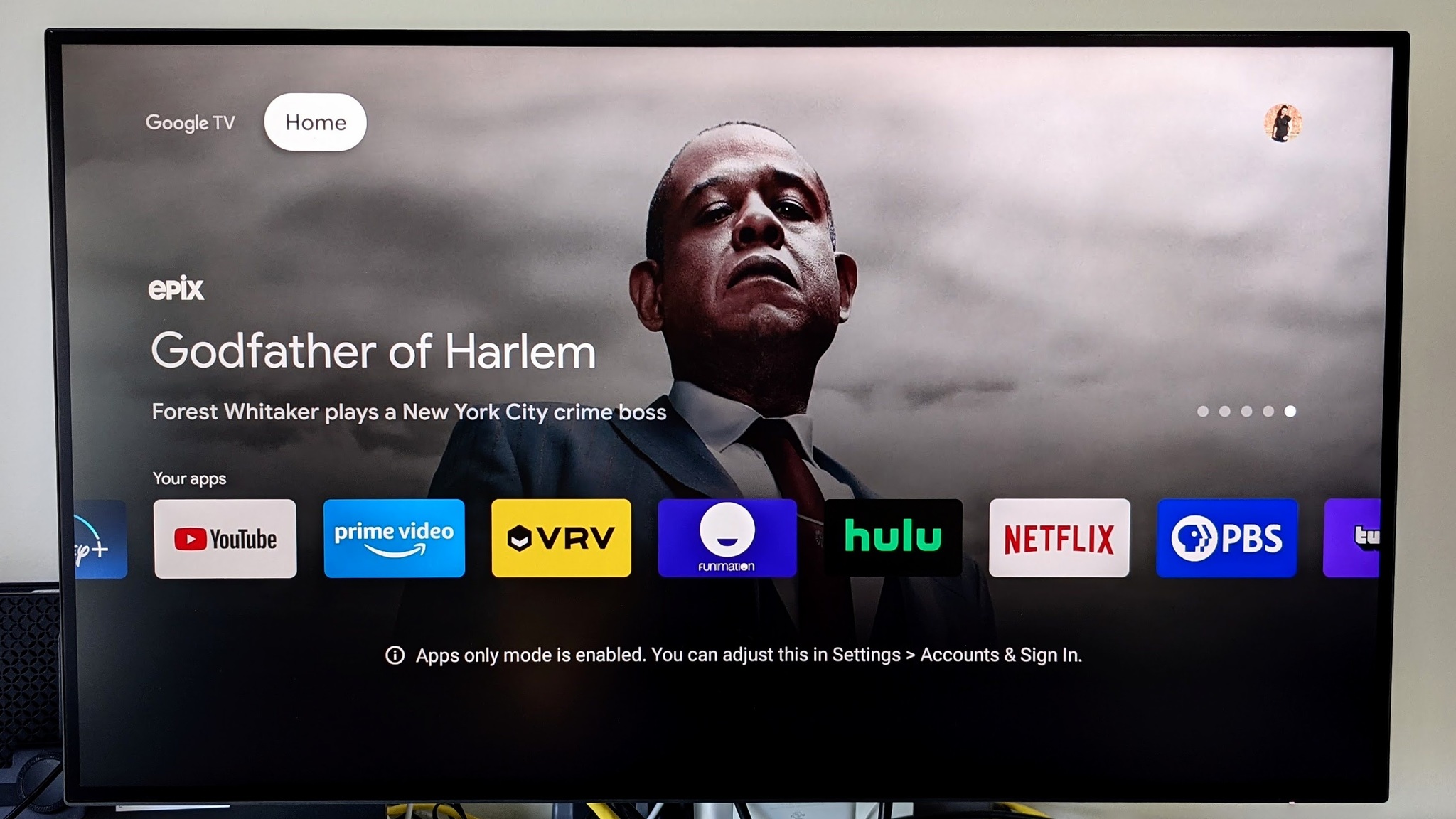

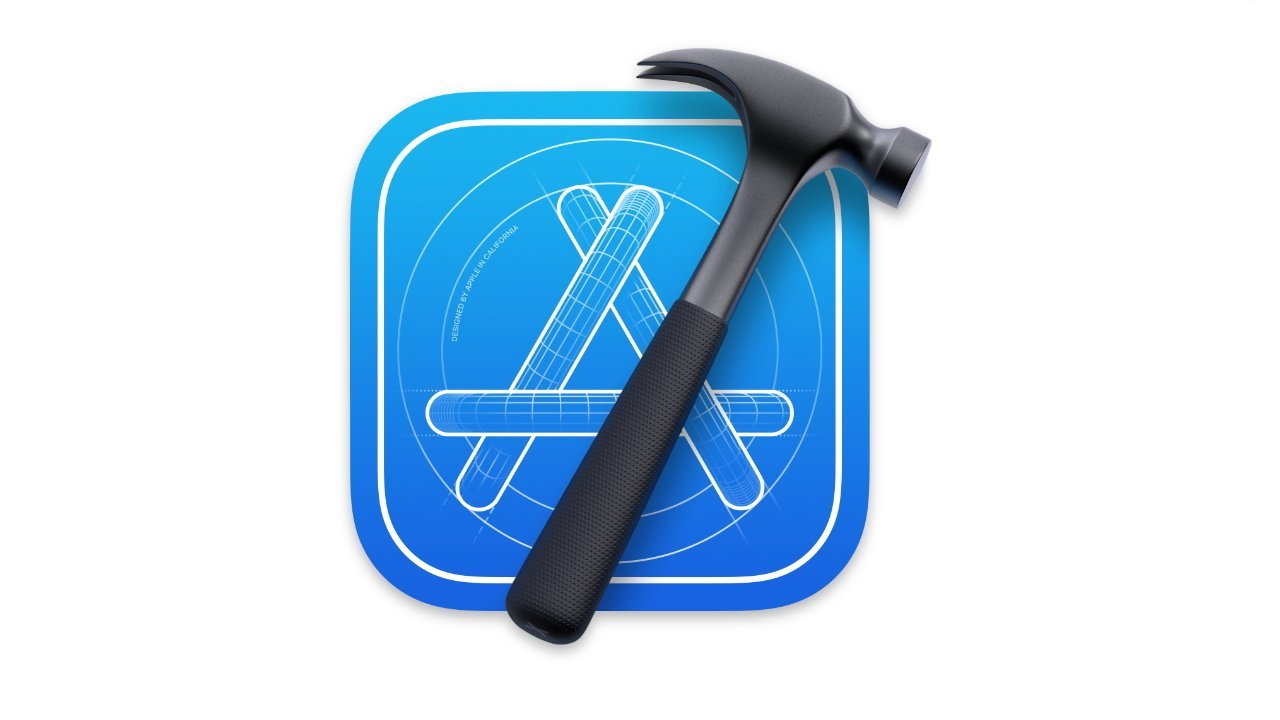




























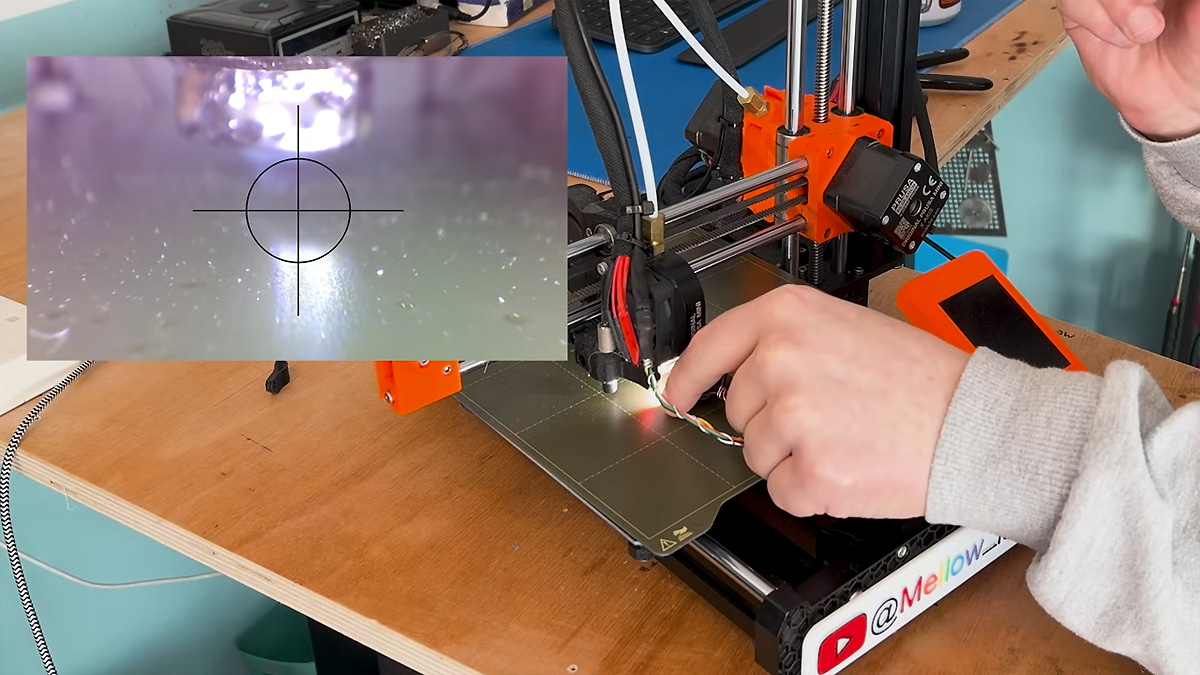





















































_Inge_Johnsson-Alamy.jpg?width=1280&auto=webp&quality=80&disable=upscale#)




























































































































![[The AI Show Episode 145]: OpenAI Releases o3 and o4-mini, AI Is Causing “Quiet Layoffs,” Executive Order on Youth AI Education & GPT-4o’s Controversial Update](https://www.marketingaiinstitute.com/hubfs/ep%20145%20cover.png)

















































































































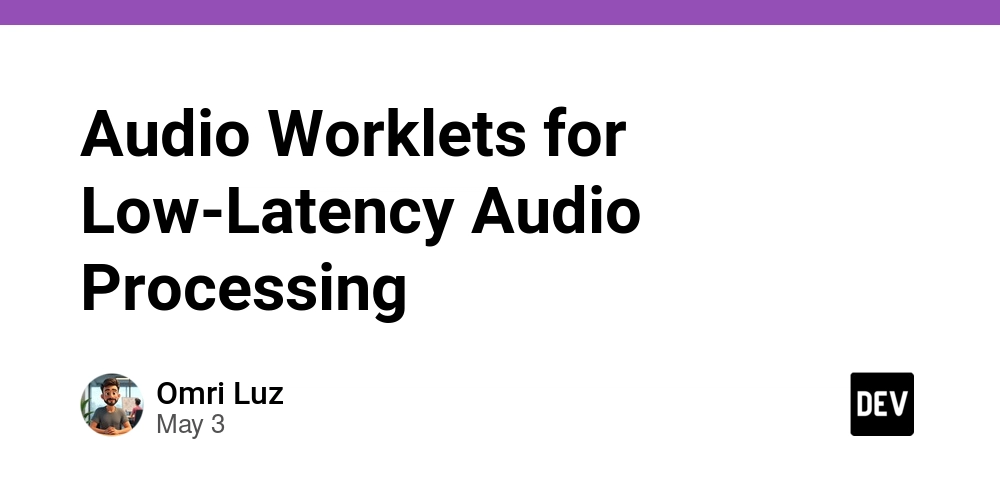




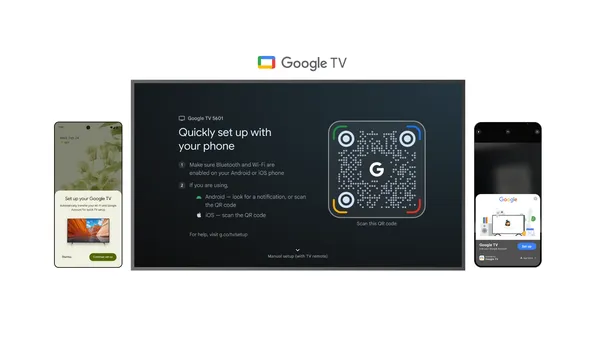


























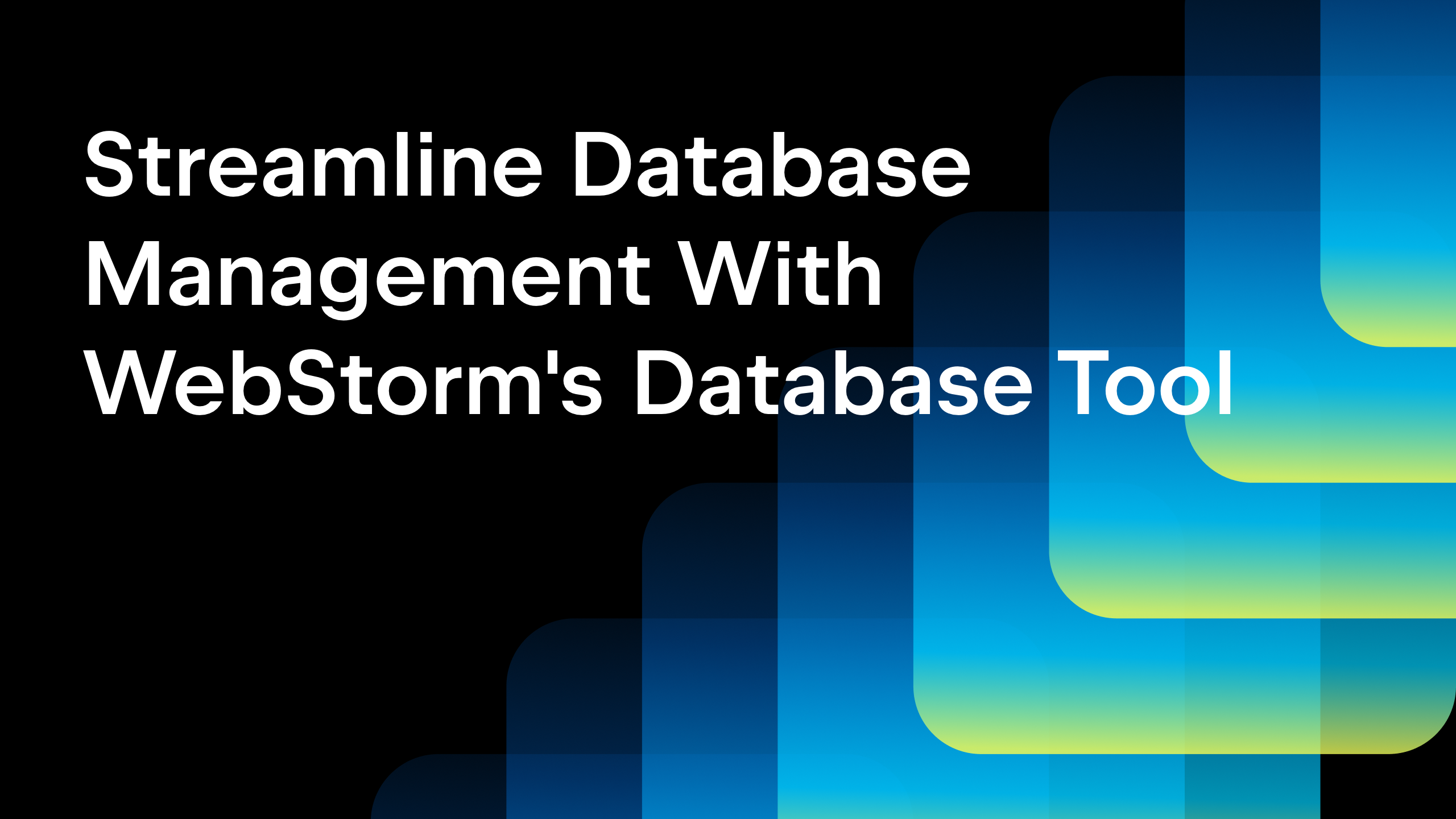











![From Art School Drop-out to Microsoft Engineer with Shashi Lo [Podcast #170]](https://cdn.hashnode.com/res/hashnode/image/upload/v1746203291209/439bf16b-c820-4fe8-b69e-94d80533b2df.png?#)

































































